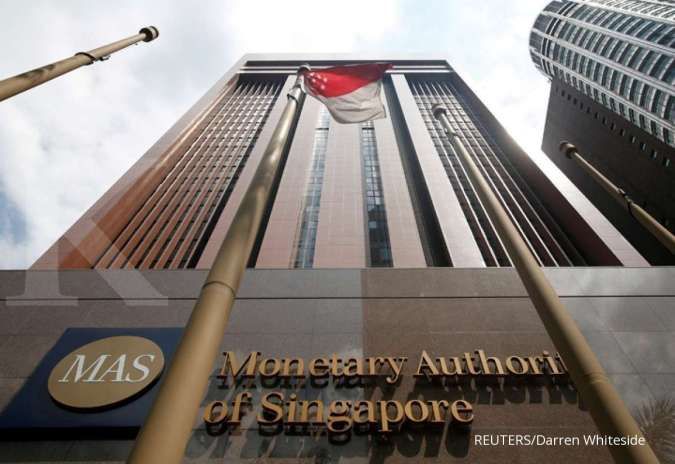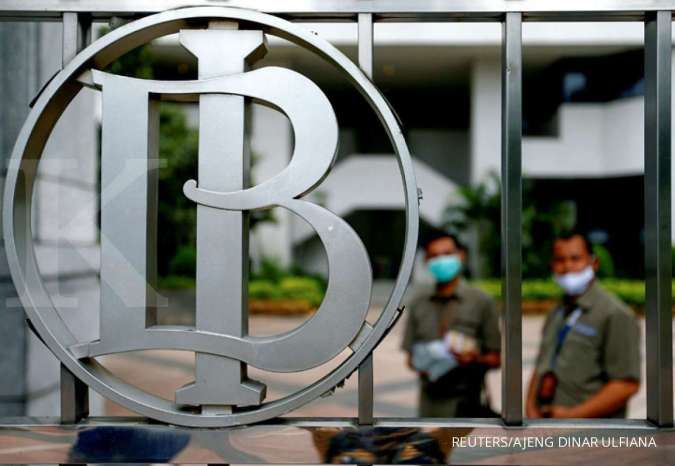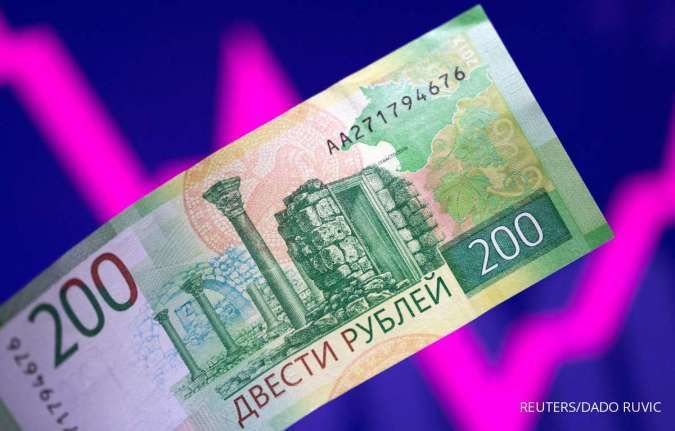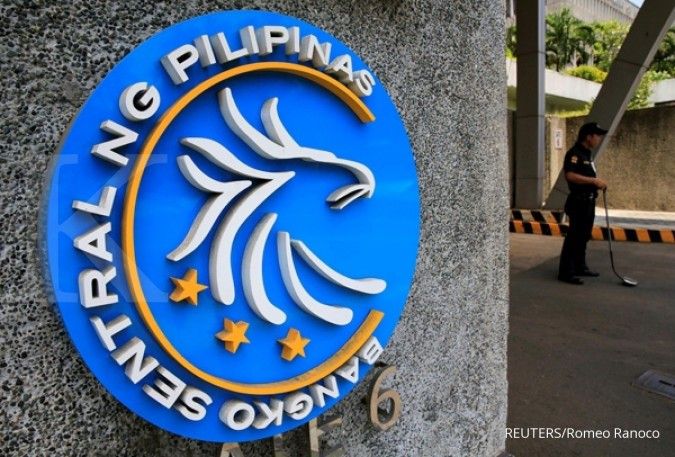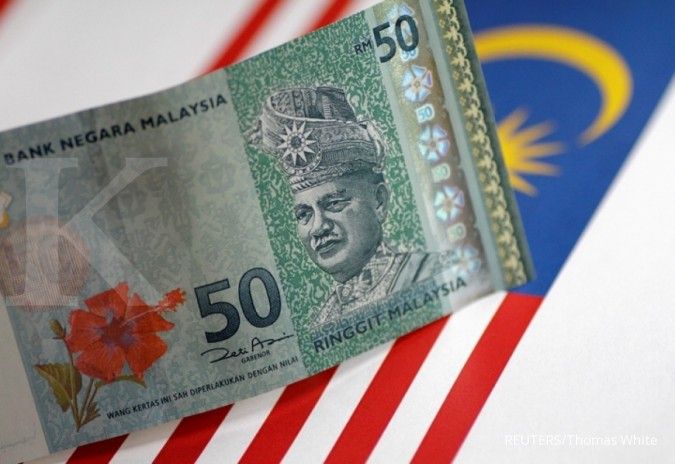MACROECONOMICS - SINGAPORE. Singapore's central bank left its monetary policy unchanged on Friday, in line with expectations, as authorities looked for signs inflation in the city-state was moderating.
The Monetary Authority of Singapore (MAS) said it will maintain the prevailing rate of appreciation of its exchange rate-based policy band known as the Nominal Effective Exchange Rate, or S$NEER.
The width and the level at which the band is centred did not change.
"Current monetary policy settings remain appropriate. The prevailing rate of appreciation of the policy band is needed to keep a restraining effect on imported inflation as well as domestic cost pressures, and is sufficient to ensure medium-term price stability," MAS said in a statement.
Read Also: Economy Recovers, Cinema Business Owners Will Continue to Add New Screens
Gross domestic product (GDP) rose 2.7% year-on-year in the first quarter of this year, according to advance estimates published by the trade ministry on Friday. A Reuters poll had estimated first quarter GDP growth at 2.9%.
The central bank said it expects the economy to strengthen over 2024 and for inflation to "stay on its broadly moderating path and step down in Q4, before falling further into 2025".
OCBC economist Selena Ling said it was "too premature to pull the trigger on easing when the view that core CPI will step down in 4Q24 into 2025 remains intact".
Ling added that major central banks may be slightly hesitant to loosen monetary policy when recent inflation prints have been more buoyant and there is an uptick in crude oil prices.
Read Also: Asia Stocks Muted and Dollar Steady, US Payrolls Dent Fed Rate Cut Wagers
"The economy is cruising once again, while core inflation remains sticky," Maybank economist Chua Hak Bin said. "We see low odds of a move at the next MAS meeting in July. We expect the MAS to ease only in October, at the earliest."
As a heavily trade-reliant economy, Singapore uses a unique method of managing monetary policy, tweaking the exchange rate of its dollar against a basket of currencies instead of domestic interest rates like most other countries.
/2019/04/16/1728596743.jpg)
